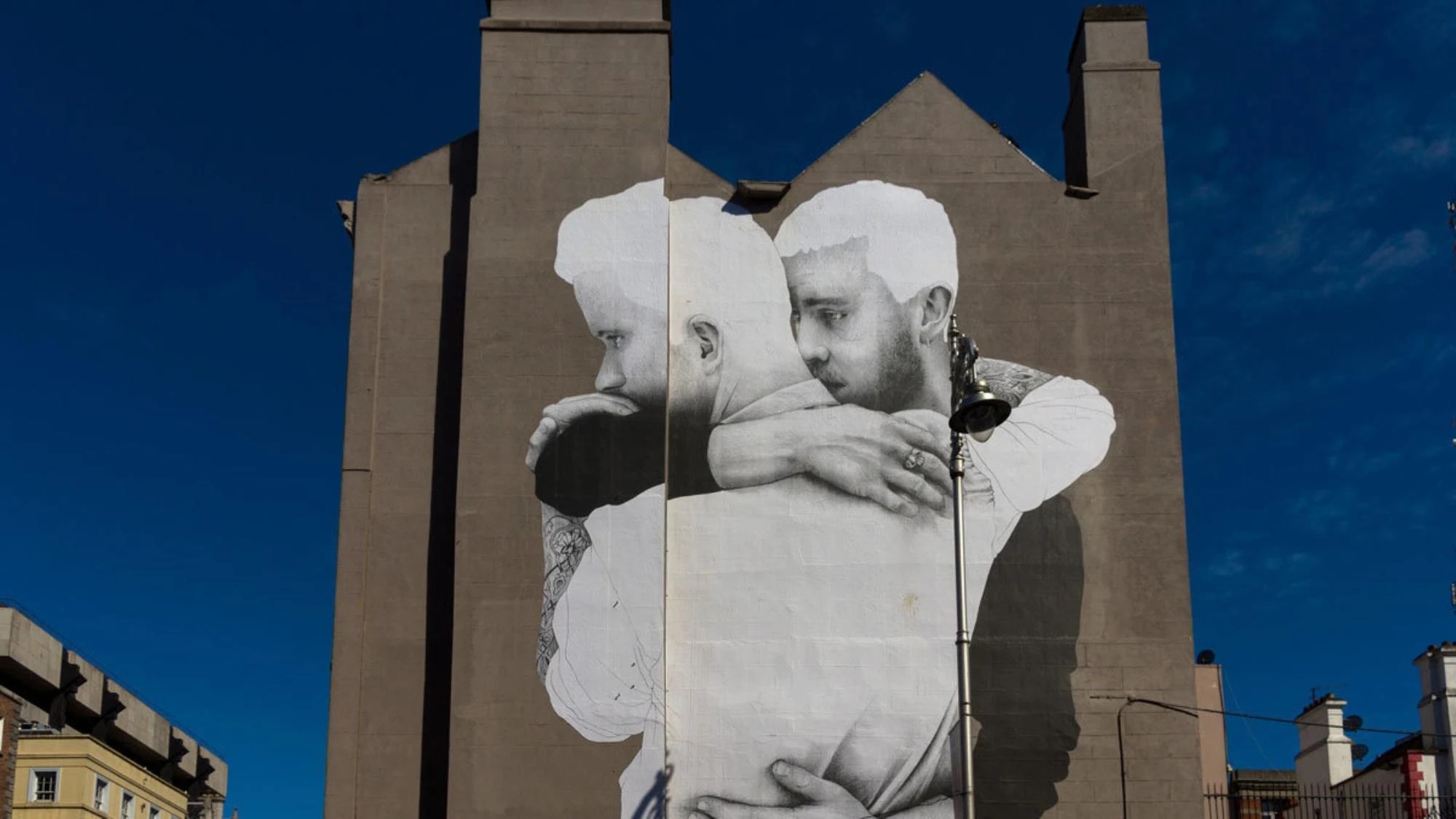Following a day of walk outs and arguments, as well as years of fearless and essential campaigning and activism, the moment has finally come: abortion and same-sex marriage finally became legal in Northern Ireland. The move comes after the UK government voted to extend same-sex marriage and abortion rights to the territory if devolution was not restored by October 21.
Due to the complex nature of Northern Irish politics, the region’s local government, Stormont, has been collapsed for over two years. Yesterday, however, for the first time in 1000 days, the Northern Assembly met. The recall of the assembly was the work of a petition by Unionist parties, who opposed the changes in law regarding abortion. However without a sitting speaker politicians were told that they could not continue on to any business.
Electing a speaker became impossible, though, when the nationalist Social Democratic and Labour Party left the chamber. Sinn Féin, the Alliance Party, the Green Party and People Before Profit did not take part in the assembly session. Without an executive in place, the sitting was suspended after less than an hour.
Arlene Foster, the leader of the Democratic Unionist Party, also stormed out of Stormont after it became apparent that the outgoing speaker, Robin Newton, who was elected as a Democratic Unionist Party (DUP) MLA, wasn’t going to suspend assembly rules to allow for any new bills to be introduced. According to the BBC, some unionists were hoping to introduce the Defence of the Unborn Child Bill 2019, which would have halted any abortion reform.
As per The Daily Express, Newton said that it was “not good practice” to try and force a piece of legislation through in one day, adding that “the Assembly cannot do any business until a speaker and deputy speakers are elected”. By the time Newton called for an adjournment, the chamber had emptied of all politicians.
What this means is that as of midnight last night, both abortion and same-sex marriage are now legal in Northern Ireland. “The beginning of a new era for Northern Ireland,” said Grainne Teggart, Amnesty International’s Northern Ireland campaign manager to The Guardian. “One in which we’re free from oppressive laws that have policed our bodies and healthcare.”
In terms of timelines, the House of Commons is set to legislate marriage equality by January 2020, with the first same-sex weddings set to happen from 14 February (romantic!). Meanwhile, abortion law means that the UK has to ensure that free, legal and local abortion services are available by 31 March 2020.

